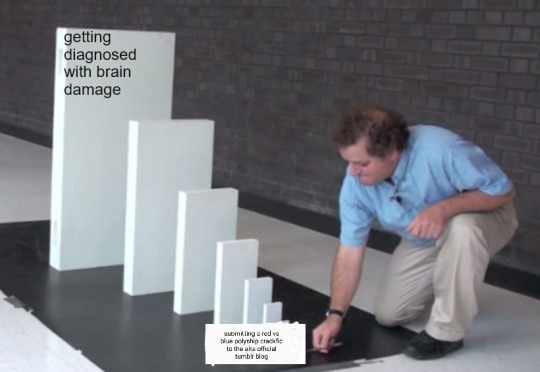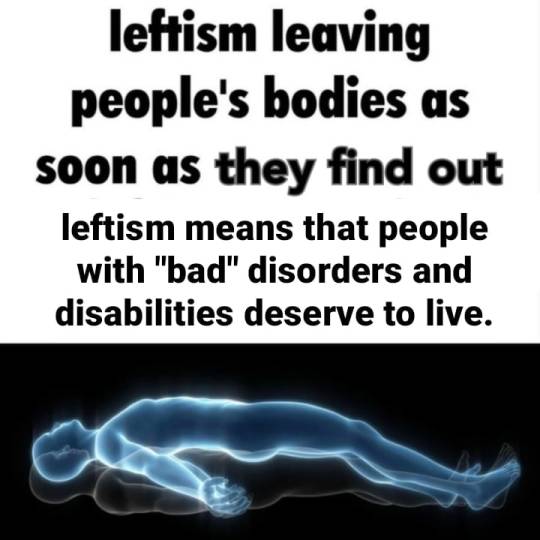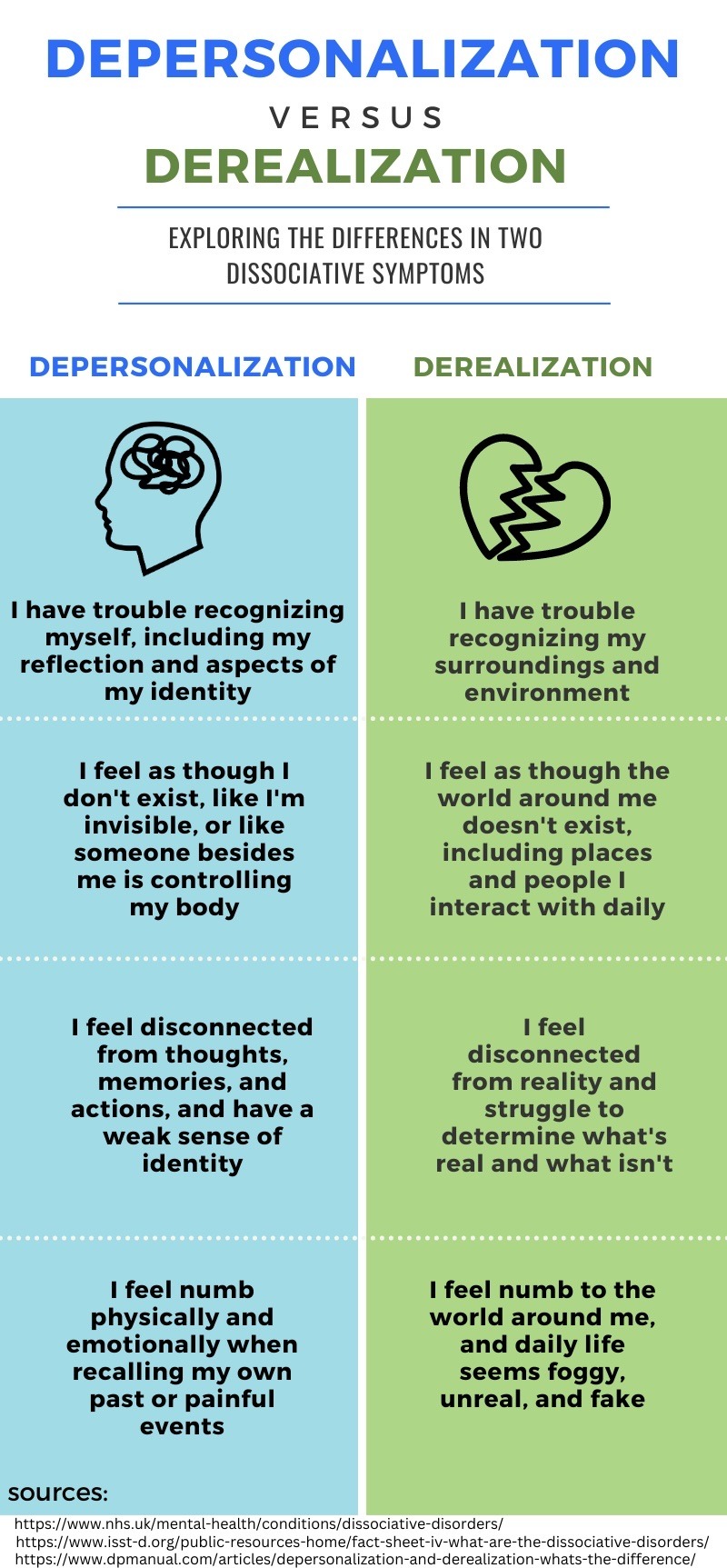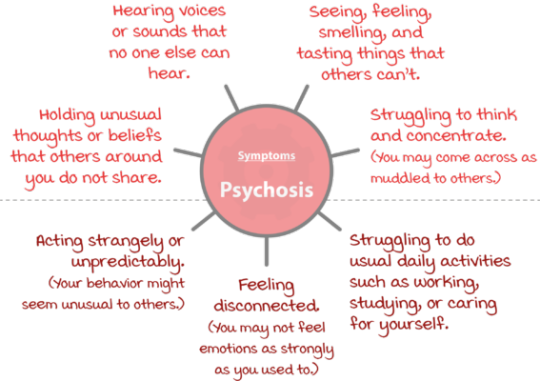#it's not a disorder it's not a symptom
Text
I am so tired and burnt out, I don’t even know what I’m doing anymore
#bpd stuff#actually bpd#actually mentally ill#bpd symptoms#mental problems#mentally fucked#actually borderline#borderline blog#bpd problems#bpd struggles#major depressive disorder#bpd#tw depressing stuff#bpd things#bpd thoughts#depressing shit#tw depressing thoughts#depressing quotes#kinda depressing#bpd feels#depressiv#derealization#sorry for being depressing#bpd traits#depressing life#bpd mood#bpd shit
8K notes
·
View notes
Text

#lmao#for anyone who's curious the process went:#send ask to aita official#blog blows up#someone realizes its a chexer fic#i follow them bc they seem cool#i join their rvb server#their encouragement pushes me to finish the Actual Fic i was working on#i expand the fic to be more of a whole au after it comes out much better than expected#the next fic in the au that i work on has to do with a character's brain injury#this leads me to do research into brain injuries#''......huh. this sounds. a lot like the neurological symptoms that my doctors have been saying is just part of my anxiety disorder''#think on that for a while#go to the ER for unrelated reasons#remember my theory#bring it up to the doctor#Doctor Immediate Concern#doctors orders a ct scan#''eeyup! that there's some atrophying and a chiari malformation! y'ever had a head injury''#(i had had several)#''well! shit! time to refer you to neurosurgery :) see if we cant do somethin about all that memory loss and severe pain and shit''#and now we are here#it also lead me to research osddid systems for the first fic#and now my therapist is having me tested for osdd because i did not know that those symptoms were not a thing everyone experiences#so like. thanks for helping me meet friends who could encourage me to engage with the things i like + learn more about myself#^ ^ <3#im actually not gonna say ''ok last update fr this time'' bc idfk maybe something WOULD be funny to post on here
6K notes
·
View notes
Text
Friendly (or unfriendly if you're against this) reminder that this blog is supportive of ALL disorders. This blog does not think ANY disorder inherently makes someone a bad person, and is against any disorder being demonized. This blog wholeheartedly believes that a bad person having a disorder, yes, even if things that are also symptoms of their disorder are part of what caused harm, does not make the disorder a "bad" or "evil" disorder or excuse ableism and demonization directed towards the disorder.
Yes this includes personality disorders
Including npd and aspd
Yes this includes all psychotic disorders & disorders that cause psychotic symptoms
Yes this includes paraphilic disorders. All of them.
Yes this includes disorders that cause, or are even characterized by, attention seeking
Yes this includes disorders that directly have lying as a common symptom
Yes this includes dissociative disorders
Yes this includes any disorder with "gross" symptoms
Yes this includes physical disorders too
Yes this includes disorders that can cause loss of control of any kind- control of speech, control of body movement, etc.
Yes tis includes disorders that make someone "look scary"
This goes for literally any fucking disorder. There are not exceptions.
#disability activism#ableism#demonization#disability awareness#personality disorders#npd#aspd#psychotic#psychotic disorders#paraphilic disorder#attention seeking#pathological lying#dissociative disorder#idk what other tags to put#also additional note I literally have a couple disorders on this list#and symptoms of several too#so if you're thinking of trying to argue on this post just fuck off#I guarantee you will not change my mind#and I don't want to hear it either
3K notes
·
View notes
Text
doctors are so fucking funny; if you go in like "based on my extensive research and corroborations i think i have this Disease" they will immediately go on the defensive and ask you demeaning shit like "how do you even know this Disease exists?" but if you go in and play stupid and say "gee whiz i'm just a silly little bimbo who doesn't know a thing but i have symptom, symptom, symptom, and symptom" they will very eagerly be like "oh wow, that sounds like Disease!"
#true story btw my old doc asked me how i even knew about EDS#idk dude maybe having Symptoms and an internet connection and a few friends with it who keep saying#'dude i think you have EDS'#like okay even if i dont i obviously have SOME connective tissue disorder#if you dont think it's that don't just put me down
19K notes
·
View notes
Text
Basically, my philosophy around disability fakers is: I would rather a thousand people fake a disability than have one disabled person suffer without care, aids, compassion, or any help.
#disability#disability advocacy#and there's a difference not many people seem to recognize between faking and realizing you don't have [x] problem...#...such as realizing you don't have [x] disorder because it is instead [y] disorder...#...or you haven't completely understood your care needs/your symptoms/what helps you...#...and some people see ANY change in your understanding of your disability as proof of maliciously faking...#...when i suppose in my personal experience people don't *maliciously* fake disability...#...i'm not saying it could never happen but that i don't think it's the *only* thing motivating people called fakers#i just think (like most everything) this is complex and nuanced because it's a *human* experience#like for me personally i /know/ i still have a lot to learn about my disabilities...#...like... i realized recently that my hands shouldn't be in AGONY when warm water is ran over them when it's SLIGHTLY cold inside or out...#...and i realized that i likely have a Noticable limb difference that needs checking out. does this sound like i'm faking...#...or that maybe i just didn't really explore my own needs and body because of a variety of factors?#i can assure you it is because i haven't really thought before about how i deserved to understand how to best help myself
4K notes
·
View notes
Text
Some days, DID looks like constant spacing out and never seeming fully there. Missed bits of conversations and a memory that doesn’t seem like it wants to work.
Sometimes it looks like talking to myself, constant internal noise and heightened sensory sensitivity.
Some days DID looks like being emotional for seemingly no reason, crying, laughing, anger over something I don’t know, emotional bleed-through from other alters.
Other days it just looks like severe PTSD. Avoidance, spacing out, needing help to ground myself. Flashbacks that I honestly can’t remember the triggers of, or remember the full event of, but that I know are flashbacks.
And sometimes it just looks like nothing at all. I seem put-together and relatively normal. You’d never know I had a dissociative disorder.
The day-to-day severity of my symptoms do not determine what mental illness I have. I still have DID and I still struggle with it whether you can see it or not.
#disabled#DID#dissociative disorder#dissociative system#traumagenic system#DID system#hc-DID system#madpunk#my symptoms change#my disorder dosent though#I’m still disabled when I can mask it#ellie.chr
2K notes
·
View notes
Text
Anyone who talks about how “edgy” they are needs to go take a bath in acid.
It makes it so hard for people to talk about their actual homicidal ideation or low empathy or low guilt or delusions or other stigmatised symptoms of mental illness.
I shouldn't have to clarify that my delusions are actual harmful, prolonged periods of distorted reality or that when I say I want to kill someone I mean that I have dark fantasies where I kill them in graphic detail.
I don't feel empathy. I don't feel guilt. Most of the time, I don't feel anything for other people. It's not quirky. It's not a joke. It's not something you can say you experience only to turn around and criticise the moment I go more in depth.
Stop trying to be cool by imitating mental illnesses. It's pathetic.
#npd#cluster b#npd traits#aspd#hpd#bpd#tagging cluster b because this happens so much with symptoms of cluster b disorders#delusions#psychosis#low/no empathy#low empathy#no empathy#low guilt#no guilt#edgy#homicidal ideation#homicidal thoughts
456 notes
·
View notes
Text
am I the only one who wants a sign that lists out all my mental illnesses to be strapped on my chest so that people who can not handle me leave me the fuck alone
#bpd thoughts#bpd blog#actually bpd#bpd problems#bpd#bpd mood#bpd feels#bpd recovery#bpd meme#actually borderline#bpd stigma#bpd shit#bpd vent#bpd splitting#bpd stuff#bpd fp#borderline thoughts#living with borderline#borderline problems#borderline things#borderline pd#borderline blog#borderline personality disorder#borderline personality problems#life of a borderline#being borderline#bpd struggles#bpd symptoms#bpd triggers
533 notes
·
View notes
Text

#“Disabled allies” when people with disabilities actually suffer and it's not just some kind of romanticized version with watered down#symptoms they see on TikTok and people with “bad” mental illness and disabilities more often than not actually need support and care#It's anti ableism until it's not convenient for them.#Leftist#Leftism#Bpd#Borderline#borderline personality disorder#schizophrenia#schizo spectrum#Actually autistic#Bipolar#Bipolar disorder#antisocial personality disorder#Narc abuse#Narc abuse isn't real#NPD#narcissistic personality disorder#Personality disorders#Mood disorders
2K notes
·
View notes
Text
me: *reads over symptoms of autism once again* “see but i don’t get upset over changes in routine, we change the routine all the time and i’m totally okay with it!”
also me since i was a kid: *gets irritated, stressed, angry, aggravated, and depressed for the rest of the day after something is switched to another day* *gets angry, stressed, and depressed, and has a breakdown when i find out we have to cancel plans, even if i didn’t really wanna go to wherever we were planning to go* *gets aggravated and is easily upset and is depressed the whole day after i get to cancel something that i had been planning for but also are relieved that i don’t have to go since i really didn’t want to* *is depressed, angry, irritated, and stressed after we cancel plans that i had zero feelings for up until that point* etc.
#i literally would cry my eyes out#be in a mood all day#& feel entirely off whenever plans changed like that all the damn time & still do that#i really need to take a look at my whole life before i say i don’t experience something cus i literally JUST figured this out this mornin#autisticrhys#actually autistic#autism#autism spectrum disorder#autistic#autistic culture#autistic spectrum#autistic community#autistic experiences#autistic things#being autistic#undiagnosed autistic#self diagnosed autism#self diagnosed autistic#autism symptoms#autistic traits#autism traits
287 notes
·
View notes
Text
the urge to die and become nothing becomes stronger every day
#bpd stuff#actually bpd#actually mentally ill#bpd symptoms#mental problems#mentally fucked#actually borderline#borderline blog#bpd problems#bpd struggles#tw depressing stuff#tw sui ideation#tw sui vent#tw vent#depressing quotes#depersonalization#tw self destructive thoughts#tw self destruction#i hate it here#major depressive disorder#bpd#tw depressing thoughts#bpd things#depressing life#bpd thoughts#bpd shit#bpd traits#depressing shit#bpd mood#personality disorder
6K notes
·
View notes
Text
Electrolytes and why they're important especially when water f4st!ng:
Electrolytes are electrically charged minerals, such as sodium, potassium, calcium, magnesium, chloride, bicarbonate, and phosphate. They are involved in various physiological processes.
During a water f4st, the body can lose electrolytes through various means, such as urine, sweat, and even through breathing.
Without sufficient intake of electrolytes, the body may experience imbalances that can lead to various health issues including:
muscle cramps, dizziness, weakness, irregular heartbeats, and in severe cases, even life-threatening conditions such as de4th.
Here's a breakdown of each electrolyte and its role in the body:
Sodium (Na+):
Role: Sodium is the primary extracellular cation (positively charged ion) and plays a vital role in maintaining fluid balance and blood pressure. It is essential for nerve impulse transmission and muscle function.
Source: Commonly found in table salt (sodium chloride) and many processed foods.
Potassium (K+):
Role: Potassium is the primary intracellular cation. It helps regulate fluid balance, nerve impulses, muscle contractions (including the heart), and maintains proper cellular function.
Source: Found in various fruits and vegetables, such as bananas, oranges, potatoes, and spinach.
Calcium (Ca2+):
Role: Calcium is essential for maintaining strong bones and teeth. It also plays a key role in muscle contractions, nerve transmission, blood clotting, and cell signaling.
Source: Dairy products, leafy greens, nuts, and fortified non-dairy milk.
Magnesium (Mg2+):
Role: Magnesium is involved in hundreds of enzymatic reactions in the body, including energy production, protein synthesis, muscle and nerve function, and maintaining healthy bones.
Source: Found in nuts, seeds, whole grains, leafy greens, and legumes.
Chloride (Cl-):
Role: Chloride is the major extracellular anion (negatively charged ion) and works closely with sodium to help maintain fluid balance and osmotic pressure in cells.
Source: Commonly found in table salt (sodium chloride) and many processed foods.
Bicarbonate (HCO3-):
Role: Bicarbonate is involved in regulating the body's acid-base balance (pH level) and is a crucial component of the bicarbonate buffering system.
Source: The body produces bicarbonate as part of normal metabolic processes.
Phosphate (HPO42-):
Role: Phosphate is essential for bone and teeth mineralization, energy production (adenosine triphosphate, ATP), and serves as a component of DNA and RNA.
Source: Found in various foods, including meat, dairy products, nuts, and whole grains.
To prevent these complications and support the body during a water f4st, it is crucial to supplement with electrolytes.
Many people who practice prolonged water f4st!ng or intermittent f4st!ng find it helpful to take electrolyte supplements or consume electrolyte-rich drinks to ensure they maintain proper mineral balance throughout the f4!sting period. However, it is essential to consult with a healthcare professional before starting any regimen or supplement routine, as individual needs may vary.
#making a list of signs/symptoms of low electrolytes next#ed not ed sheeran#ed not sheeren#ed no sheeran#disordered eating thoughts#tw ana shit#tw ed diet#ed bllog#anorex14#ana trigger#ana shit#tw ana diary#4norexi4#thin$spo#thinspø#th!n$spo#⭐ving#⭐ve#tw ed rant#ed vent
2K notes
·
View notes
Text
Hot take, anyone who thinks Dick Grayson has a persistent case of anger issues just doesn't know what anger issues are.
Does he get angry? Yes (I sure would hope so since he's a human being). Would I call it anger issues? No, not really.
#if you disagree please show me your evidence#because I keep seeing examples of 'anger issues' from Dick that are literally a common emotional response to a very damaging event#or straight up mental control#'anger issues' is not even a medical term#is just an underlying symptom to many different disorders#do we really think someone who has trouble managing their anger could ever become a trusted leader to multiple teams?#someone who people know they can rely on?#everyone has moments in which they find harder controlling their emotions because they're going through immense stress or anxiety#but that doesn't define you nor does it always mean it's part of a disorder#and I'm not saying dick grayson doesn't have any issues#nobody could lead his life and be completely mentally stable#but out of all the things I would think he has#an anger management disorder wouldn't be my first guess#dick grayson#nightwing#robin#dc comics#dc#dick grayson “anger issues”
150 notes
·
View notes
Text

(Image ID:) a blue, green, and white graphic titled “Depersonalization versus Derealization: Exploring the differences in two dissociative symptoms” organized in two columns. The left hand column is titled “Depersonalization” with a stock icon of a head with a scribbled like for the brain. The right hand column is titled “Derealization” with a stock icon of a broken heart.
The statements in the “Depersonalization” column read: “I have trouble recognizing myself, including my reflection and aspects of my identity,” “I feel as though I don’t exist, like I’m invisible, or like someone besides me is controlling my body,” “I feel disconnected from thoughts, memories, and actions, and have a weak sense of identity,” and “I feel numb physically and emotionally when recalling my own past or painful events.”
The statements in the “Derealization” column read: “I have trouble recognizing my surroundings and environment,” “I feel as though the world around me doesn’t exist, including places and people I interact with daily,” “I feel disconnected from reality and struggle to determine what’s real and what isn’t,” and “I feel numb to the world around me, and daily life seems foggy, unreal, and fake.”
Below these columns is the word “sources:” with the following links:
https://www.nhs.uk/mental-health/conditions/dissociative-disorders/
https://www.isst-d.org/public-resources-home/fact-sheet-iv-what-are-the-dissociative-disorders/
https://www.dpmanual.com/articles/depersonalization-and-derealization-whats-the-difference/
(END ID)
This infographic was made by us, Halberd (@dreamlandsystem). Feel free to save and share as much as you’d like. Program used: Canva. Image credits: Pixabay. This infographic explores our personal experiences with DPDR, with additional sources for further reading.
#dpdr#depersonalization/derealization disorder#depersonalization#derealization#dissociative disorders#dissociative symptoms#dissociation#dissociative identity disorder#other specified dissociative disorder#osdd did
1K notes
·
View notes
Text
nobody will understand how badly it hurts when you wither everything you touch and lay waste wherever you step.
#bpd thoughts#bpd blog#actually bpd#bpd problems#bpd#bpd mood#bpd feels#bpd recovery#bpd meme#actually borderline#bpd stigma#bpd shit#bpd vent#bpd splitting#bpd stuff#bpd fp#borderline thoughts#living with borderline#borderline problems#borderline things#borderline pd#borderline blog#borderline personality disorder#borderline personality problems#life of a borderline#being borderline#bpd struggles#bpd symptoms#bpd triggers
249 notes
·
View notes
Text
Btw for anyone who needs to hear it: thinking that people are reading your mind/your thoughts are being heard by everyone is not normal. It's a symptom of psychosis and could be linked to a psychiatric disorder. This, too, goes with hallucinations.
This may seem like a no-brainer, but to teens who don't know what symptoms look like, they may jog it off for a number of reasons. I did, too, when I was in highschool! As a freshman I was having delusions/hallucinations and I didn't tell anyone because I thought they were cringe and weird. I chalked up my hallucinations to me being "tired". People who have psychosis often don't realize that what they're experiencing IS psychosis. This goes the same with other classmates/friends/loved ones. If someone comes to you with concerning behavior (even if they are joking about it) you should take note of it.
In highschool I remember a kid talking about how he could go into the matrix and he had a whole other world to protect/do missions in. He would also go still for long periods of time randomly. I thought he was weird and didn't think much of it, but those are symptoms of schizophrenia (delusions/catatonia).
I would appreciate it if this got a reblog so it could potentially help those recognize these symptoms in either themselves or others!

I wish I could have seen a post like this when I was younger. Then I could have avoided a lot of hardships and would have gotten treatment a lot sooner
#mental health awareness#i know if i saw a post like this on tumblr when i was a teenager it would have helped me out so bad#there are probably a lot of teenagers (and even adults) out there that dont realize what theyre experiencing#then they can get one step closer to a diagnosis and get treatment#it took 7 years for me to even suspect that i had bipolar disorder#i wish i had realized sooner than later that i was experiencing symptoms so i could have avoided a lot of bad experiences#due to episodes
1K notes
·
View notes